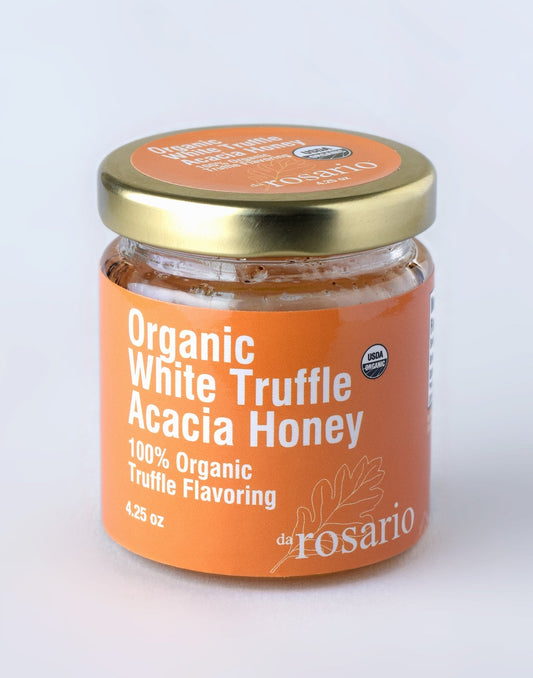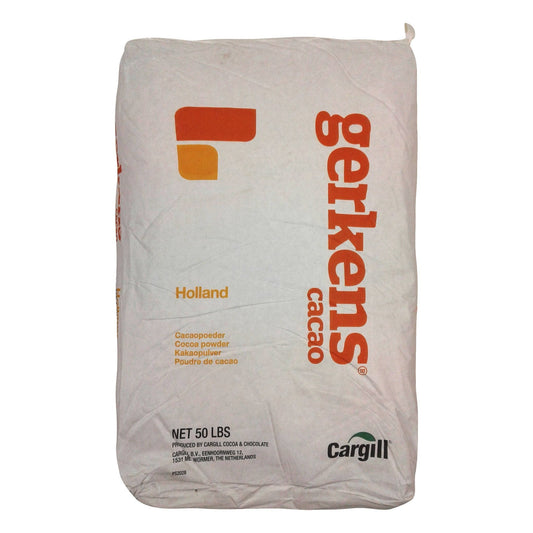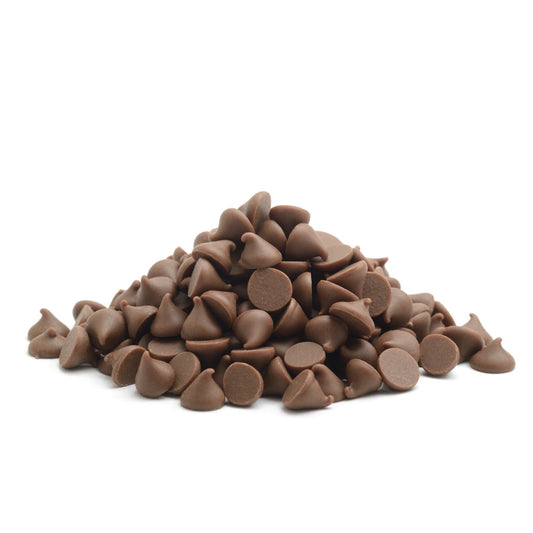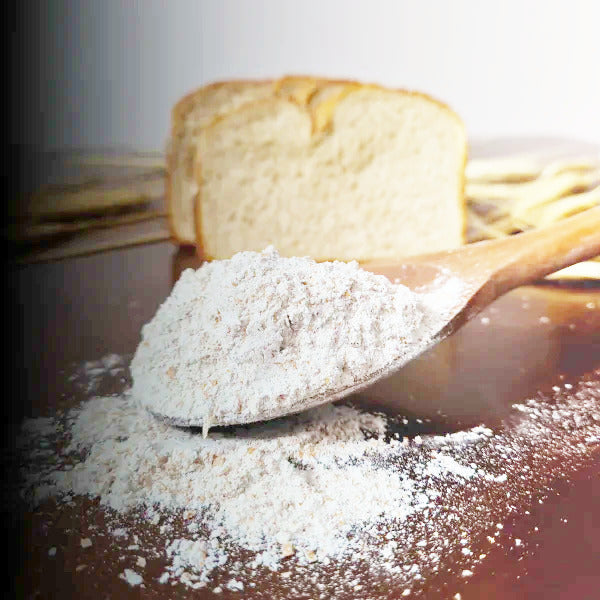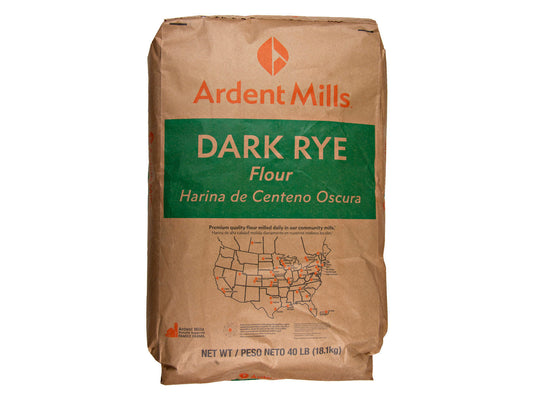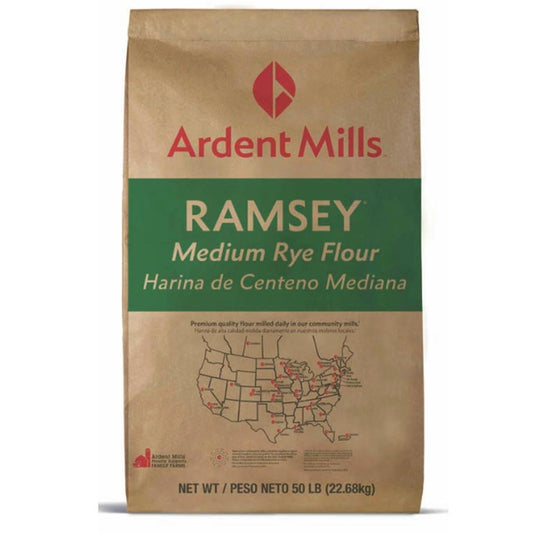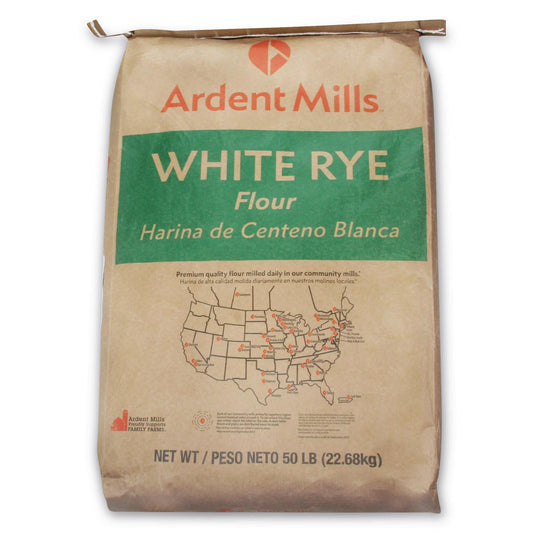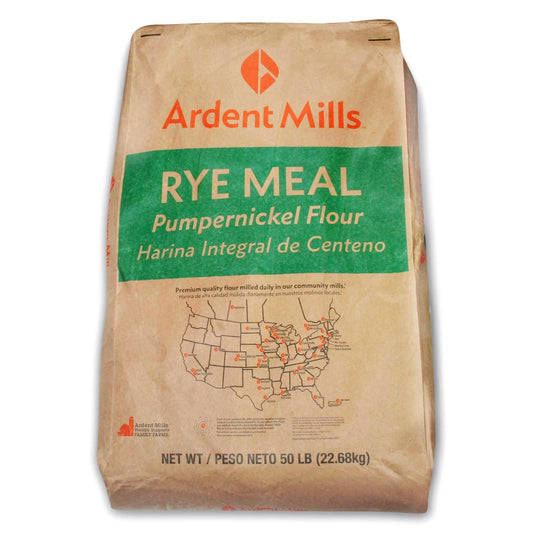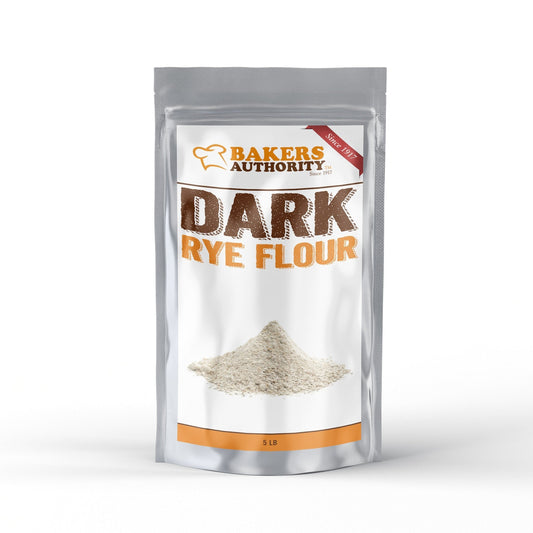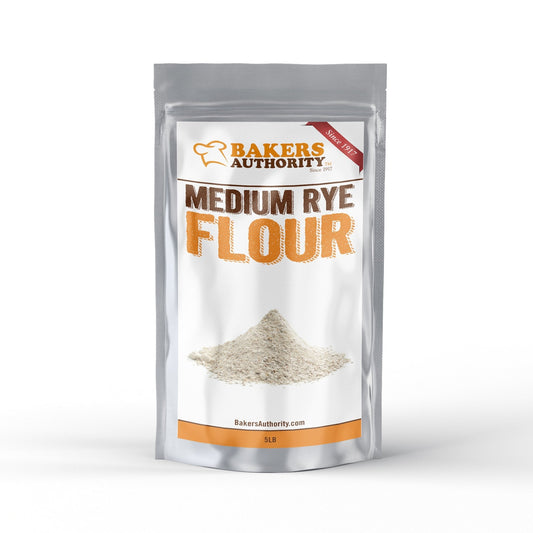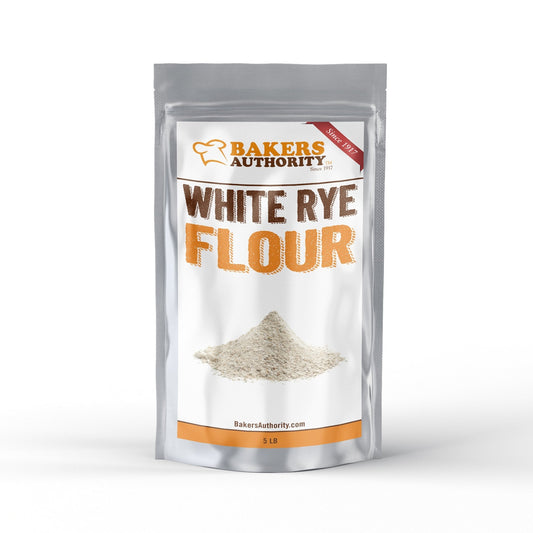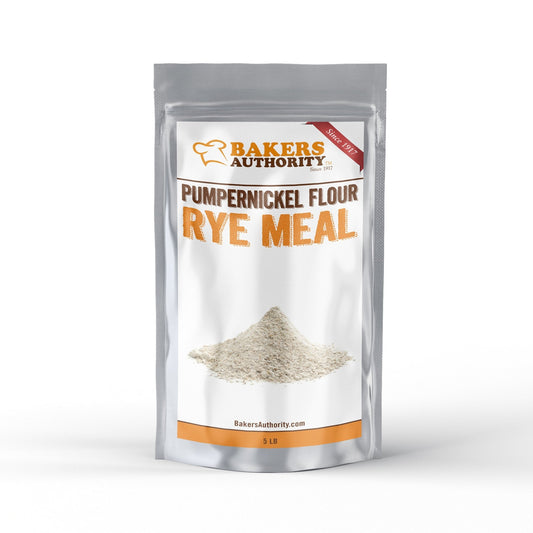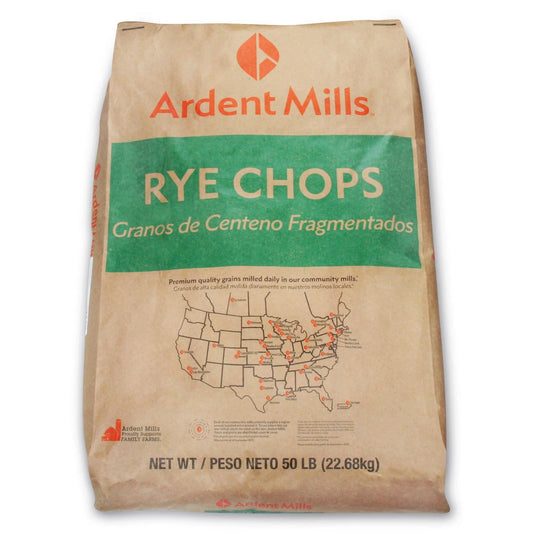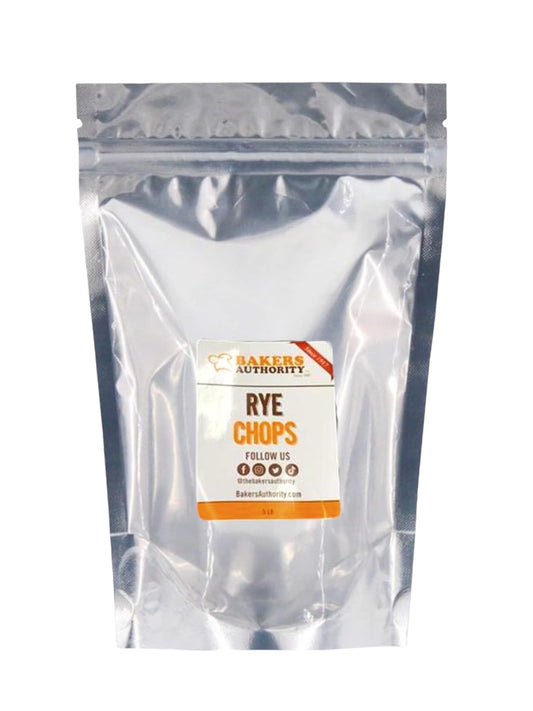-
Vendor:Ardent Mills
Dark Rye Flour
Regular price $37.27Regular priceUnit price per -
Vendor:Ardent Mills
Ramsey Medium Rye Flour
Regular price $40.49Regular priceUnit price per -
Vendor:Ardent Mills
White Rye Flour 50LB
Regular price $43.47Regular priceUnit price per -
Vendor:Ardent Mills
Rye Meal Pumpernickel Flour
Regular price $39.69Regular priceUnit price per -
Vendor:Bakers Authority
Dark Rye Flour 5LB
Regular price $7.62Regular priceUnit price per -
Vendor:Bakers Authority
Medium Rye Flour 5LB
Regular price $6.95 / 5LBRegular priceUnit price per/ 5LBSale price $6.95 / 5LB -
Vendor:Bakers Authority
White Rye Flour 5 LB
Regular price $6.88 / 5LBRegular priceUnit price per/ 5LBSale price $6.88 / 5LB -
Vendor:Bakers Authority
Rye Meal Pumpernickel Flour 5 LB
Regular price $6.95 / 5LBRegular priceUnit price per/ 5LBSale price $6.95 / 5LB -
Vendor:Bakers Authority
5 LB Rye Chops
Regular price $6.68Regular priceUnit price per
Additional Resources
Frequently Asked Questions
-
What are the 3 main types of rye flour?
- The three main types of rye flour are: a) Light (or white) rye flour: Made from the inner endosperm of the rye berry after the bran and germ have been removed, it's the lightest in color and has a fairly mild flavor. It is similar to white wheat flour in texture, b) Medium rye flour: A step darker and more flavorful than light rye, medium rye includes more of the germ and bran of the rye berry. It is slightly coarser in texture and delivers a more robust rye flavor in baked goods, and c) Dark (or pumpernickel) rye flour: The whole rye berry ground into flour, including the bran, germ, and endosperm. It gives baked goods a rich rye flavor and a darker color. This flour is quite dense and often used in combination with other flours.
-
What are the four types of rye flour?
- In addition to light, medium, and dark rye flours, there is a fourth type known as rye meal. Rye meal is coarser than rye flour and comes in a few varieties itself, depending on the coarseness of the grind. Rye meal can add a hearty texture to baked goods and has a robust flavor.
-
How is rye flour different from regular (wheat) flour?
- Rye flour is made from rye berries, while regular flour is typically made from wheat. Rye has a distinct flavor that is earthy and slightly sour compared to the mild taste of wheat. Additionally, rye flour has less gluten than wheat flour, which can affect the texture of baked goods. Bread made with rye flour can be denser and less springy than bread made with wheat flour.
-
Is rye flour healthier than wheat flour?
- Both rye and wheat flours have their own health benefits. Rye flour is high in fiber and contains a wide range of nutrients, including iron, calcium, and zinc. It has a lower glycemic index than wheat, meaning it can help regulate blood sugar levels. However, wheat flour (especially whole wheat) is also nutritious, containing high levels of dietary fiber, and several B vitamins.
-
Is rye less inflammatory than wheat?
- Some studies suggest that rye may have less of an inflammatory effect than wheat. This could be due to rye's lower glycemic index, which means it causes a slower rise in blood sugar. It also contains a type of fiber called arabinoxylan that has been linked to anti-inflammatory effects. However, individual reactions can vary and those with specific health concerns should consult with a healthcare professional.
-
How do I choose the right rye flour for my baking?
- The choice of rye flour depends on the recipe you're following and the flavor profile you desire. Light rye flour is best for lighter, softer breads with a subtle rye flavor. Dark rye flour, or pumpernickel, is excellent for robust, hearty breads with a pronounced rye taste. Medium rye flour and rye meal can be used for a variety of breads and provide a balance between light and dark rye.
-
Can I substitute rye flour for wheat flour in my recipes?
- Due to the lower gluten content in rye flour, it can't be substituted 1:1 for wheat flour in recipes. This substitution could result in denser baked goods. However, it's common to replace a portion of the wheat flour in a recipe with rye flour to introduce its distinct flavor and nutritional benefits.

